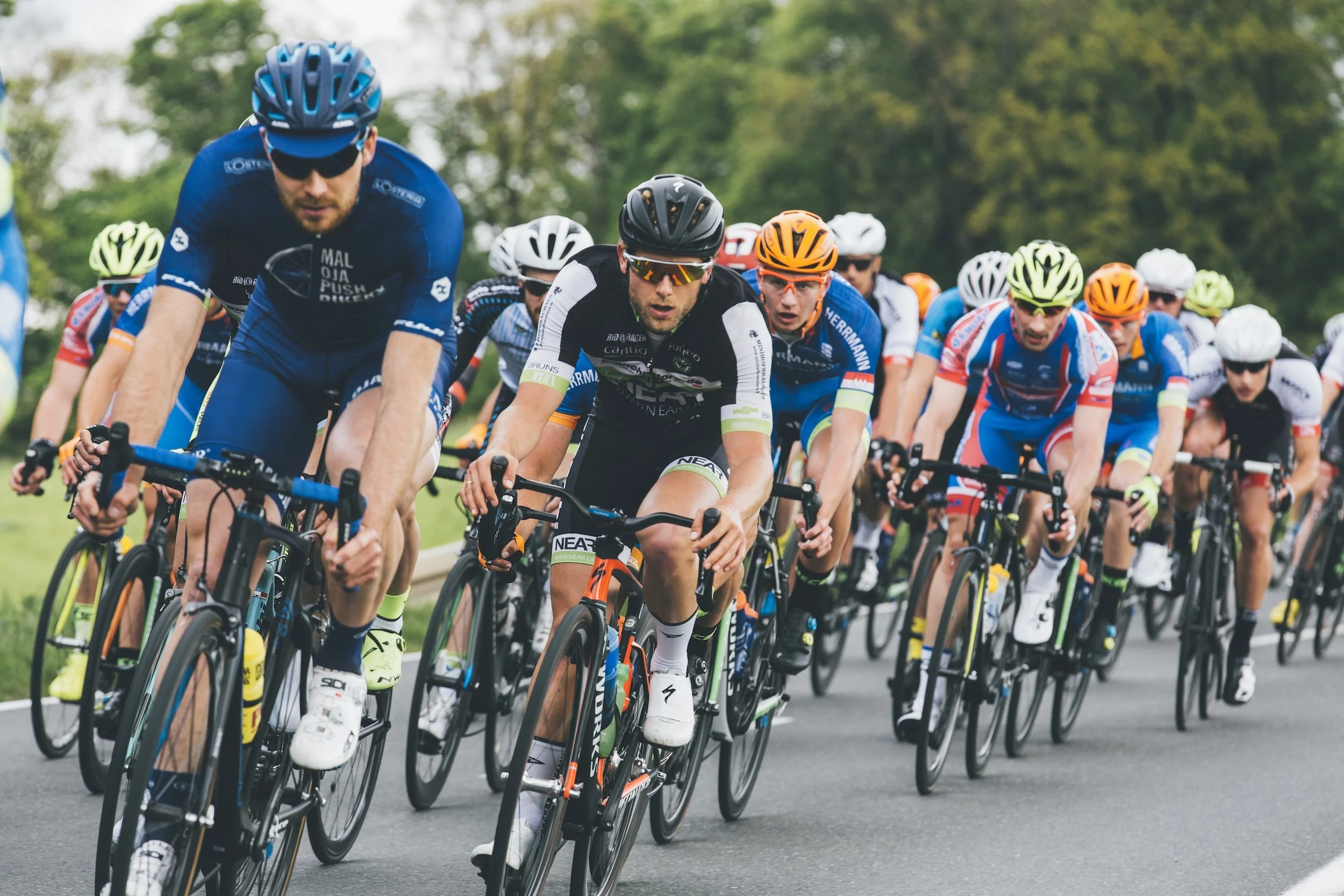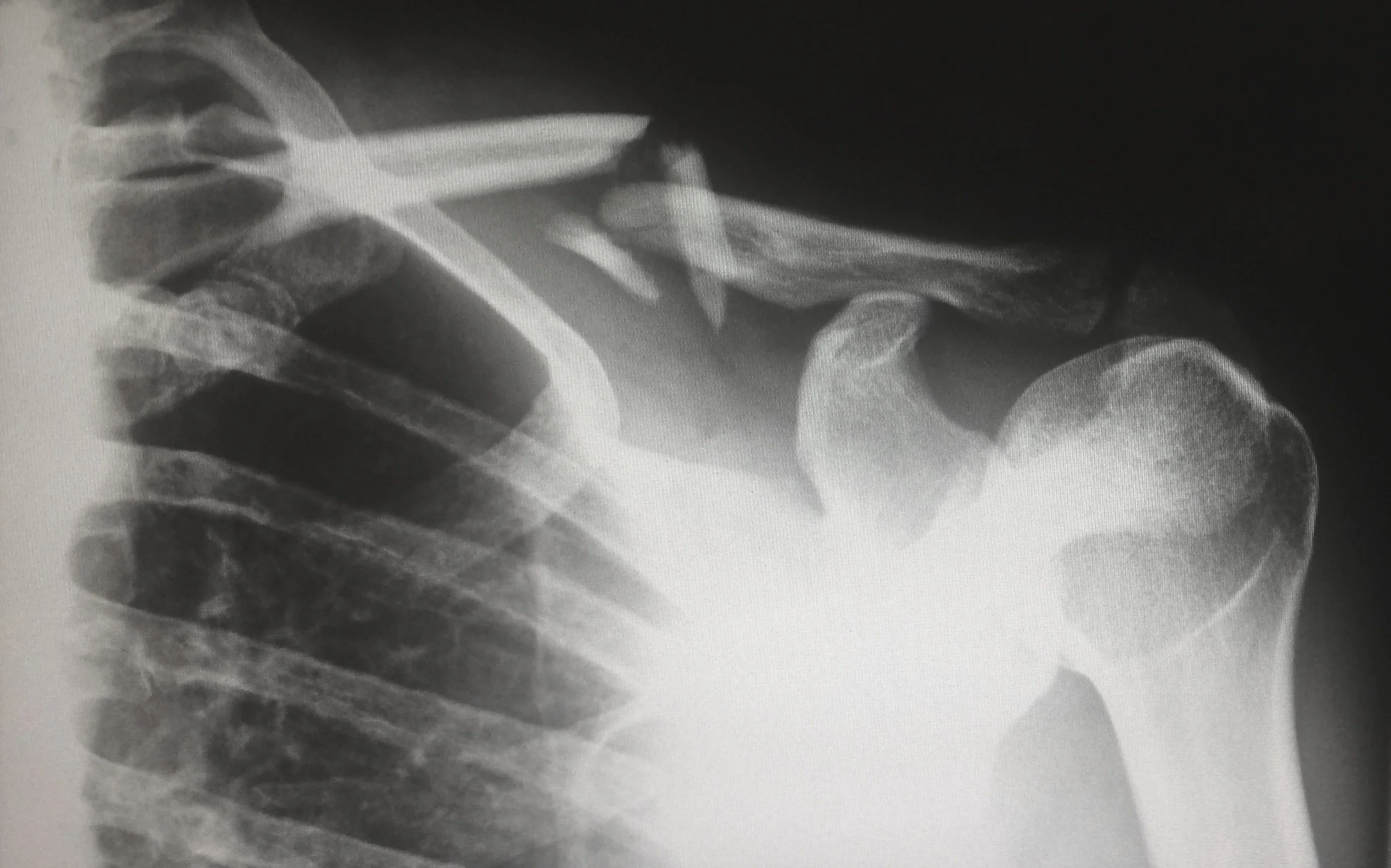Systematic Kinesiology and Injury Prevention, Recovery and Nutrition
A hobby is an activity that is completed during free time that brings great pleasure. For many, including myself, this is sports and/or exercise. Sports and exercise have always played a large part in my life; from the young age of 6, I started playing football. When I got to school I joined the athletics, cricket and rugby teams and in my adult life, I am an avid gym goer. Consequently, this is a subject that is close to my heart. I believe sports play a vital role for so many because they bring communities together. Whether you are a player or a supporter, you all feel part of the collective energy. Although, unfortunately playing sports tends to come hand in hand with injury. I know this first-hand as I have experienced a wide variety of injuries over the years. Since learning the practice of Systematic Kinesiology, I have come to understand how it can be used to help sports enthusiasts rehabilitate from injuries faster. Or more importantly, how Systematic Kinesiology can be used as a tool to avoid injuries altogether. This article is going to look at Sports in detail and how Systematic Kinesiology can help with injury prevention, nutrition and recovery/rehabilitation.
Why are sports important?
There are many sports that are played on a daily basis from Football to Basketball and Hockey. In addition, every year people in Cornwall, London and all over the United Kingdom sign up for marathons, triathlons, tough mudders and so on (the list is endless). Why is this such a large part of our culture? Well, there are many reasons:
The challenge: whether you are completing your first 5k run, about to play in a final of a football game, or signing yourself up for ultramarathons, they are challenges that you will never forget achieving. There is no feeling quite like crossing the finish line for something you have been striving towards and training for, for a long time.
Being part of something: anyone participating in sports feels special; with family and friends usually turning up to cheer and support. Also, there is nothing quite like the excitement and togetherness you witness waiting for events to start.
Health benefits: they are a good opportunity to get fit and stay fit, whilst you work towards the event day. For many people that struggle with a sweet tooth, enjoy fast food and drink a little too much at the weekend, these sports can help keep you focused.
Socialising: they are a great way to meet new people, for example during training sessions.
A time to stand for something: Some events (such as marathons) are great opportunities to raise money for charity.
So what happens when all of a sudden this is taken away due to an injury that could have been potentially avoided? I know from first-hand experience that it is frustrating and can leave you feeling upset and fed up.
How can Systematic Kinesiology help with injury prevention?
Injuries are extremely frustrating. Have you noticed how they have a tendency to be reoccurring or around the same area a lot of the time? You often hear people complaining about their dodgy knee, weak ankle, or bad back that keeps playing up. Why does this happen? Sports injuries are believed to be commonly caused by overuse, direct impact, or because the application of force is greater than the body part can structurally withstand. But, are these the only reasons? What causes the muscles, joints or body parts to become weak in the first place so that they are susceptible to overuse or impact? Systematic Kinesiology aims to solve this query.
Systematic Kinesiology believes that the body works in circuits; looking at the whole person to identify the root cause of any issues. So, if an individual is experiencing structural issues in one isolated area of the body, Systematic Kinesiology would look at the whole circuit; believing that there could be an imbalance elsewhere, causing the symptoms being experienced. For example, the quadriceps and the small intestine are on the same circuit. If an individual is experiencing symptoms in the upper leg area, the Systematic Kinesiologist would look at the whole circuit, checking to see if the small intestine is functioning efficiently or not. If not, it would be causing an imbalance and thus result in quadricep issues. The small intestine is responsible for absorbing the nutrients from the food that we eat, that we require to function and thrive. If the small intestine is not functioning properly, and the body is not receiving as many nutrients, then injury is inevitable. Especially if we are a person involved in exercise and sports because it will be easier for the body to become overloaded to the point where something becomes strained.
When an imbalance is found, Systematic Kinesiology works with supplements, to see if the body needs any additional support to function correctly. Systematic Kinesiology is so powerful because it lets the body do the talking; asking the body what it needs to thrive. It can help prevent injuries by identifying the root cause of the issue and fixing it. On many occasions, the root cause is left unresolved whilst people focus all their efforts on the isolated area giving them pain.
How can Systematic Kinesiology help with nutrition?
The world of sports nutrition is an ever-growing business, with the nutritional supplement market in the UK currently worth around 1.4 billion pounds. This is a 29.9% increase in profit, in the last year alone. It is clear from these figures that as a nation, we are becoming more and more aware of how vital it is to supplement our bodies on top of eating healthy. Why is it important to supplement? Below are just some of the reasons:
Food is less nutrient-rich: the food we eat has lost a lot of its nutritional value, due to changes in the quality of the topsoil.
Age: as we grow older, we encounter reduced absorption of vitamins and minerals from food.
Lifestyle factors: that contribute to nutrient depletion or increased need, such as pregnancy or limited sun exposure.
Being a keen fitness enthusiast I have always known how important it is to supplement pre and post-workout, in order to get the best effort out of my body and to see the results I am aiming for. I knew all about protein shakes and other supplements and took many throughout my life. What I did not know is how unique we all are, as individuals. What will help the body of one person recover, could have the opposite effect on someone else.
Imagine thinking that the shake/food you are consuming pre or post-workout is helping your recovery but your body is actually having to work harder to get rid of the toxins from what has been consumed. Our bodies work differently mainly due to genetics. For example, certain blood types agree more with certain foods. There is an amazing book called ‘eat right for your type’ by Dr Peter D’Adamo’ if you are interested in learning more about this.
So how can Systematic Kinesiology help? Systematic Kinesiology uses muscle testing to ask the body exactly what it wants to heal and thrive. Muscle testing is where the Kinesiologist applies gentle pressure to determine if the muscle is strong (and healthy) or weak (and needs restoring to balance). If the muscle is strong, it will effortlessly lock into place, whereas when weak it will feel spongy and wobbly. This helps with nutrition because the Kinesiologist can test any nutritional supplements you may already be taking, to see if they are actually benefiting your body. If they are benefiting you, the muscles should test strong. The Kinesiologist will also be able to find which supplements you should be taking, to see the best results and achieve the most from your body. An example of this working is Tennis star, Novak Djokovic. He has even written a book ‘Serve to Win’ where he reveals how a Kinesiology tested diet transformed his health and his tennis game, taking him to the world’s number 1 player.
The beauty of Systematic Kinesiology is that it is feedback oriented, as the client you will actually be able to feel the difference in your muscles responding to whether the substances being tested are aiding your body or being detrimental to it.
How can Systematic Kinesiology help with injury recovery?
In July 2022 my partner gave birth to our beautiful daughter via emergency C-section. Did you know that 1 in 4 women end up having a C-section over a natural birth? This left her with a big scar, reduced movement and being told it would take 6 weeks to recover. She had a Systematic Kinesiology session and within 10 days she was able to walk up and down the big hills in Falmouth and able to enjoy being outside with our daughter in the sling.
In the Systematic Kinesiology session, we tested what her body wanted in order to heal from the traumatic operation as quickly as possible. We found a number of supplements relevant for her, which she took every day and this allowed her body to heal much faster than it would have in normal circumstances. After an injury our body needs additional support, it is craving vitamins and nutrients to 1) clear out the inflammation 2) heal the site of trauma. A C-section is no different to having a sprained ankle, broken leg or pulled hamstring. All of these examples are injuries that need support.
Systematic Kinesiology can be used to test what the individual needs to enable them to get back to doing what they love as quickly and safely as possible. Will everyone recover as quickly as my partner? Not necessarily. Everyone is different and it depends on a number of items from personal circumstances, to diet, to stress. However, in all instances, Systematic Kinesiology can help by giving the body exactly what it needs to thrive.
Summary
Coming from the perspective that the body works as a whole organism and thus, in circuits; it is easy to understand why Systematic Kinesiology is so effective. Systematic Kinesiology aims to fix the root cause of any issues, leading to permanent recovery. Whether you want to look at nutrition, injury recovery or injury prevention, Systematic Kinesiology can help. If this sounds like something that could benefit you, please contact us.


